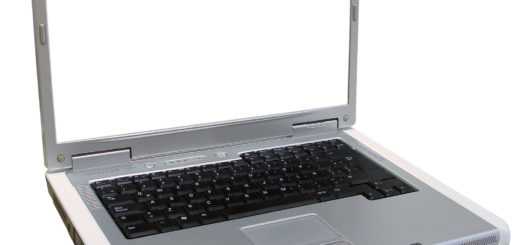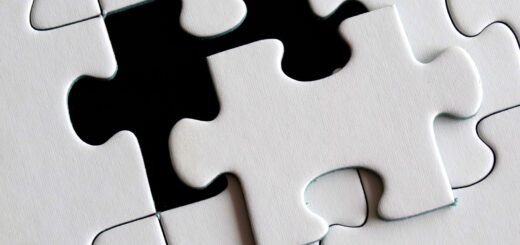Becoming Bored
“75% of your shared data data has been used.” Thank goodness for automatic alerts, I thought, so that I don’t go over my cellphone’s data limit and incur stratospheric overage costs. Plenty of time to pare consumption back, I told myself smugly.
“90% of your shared data data has been used.” “Drat! How did that happen?” I thought. I gritted my teeth and tried again to reduce usage, feverishly flipping through data records to identify the culprit apps. Surely I could make it through the second half of the month on just 10% of my data, provided I acted conscientiously and frugally.
“You have consumed 100% of your data.” What in Beelzebub’s behind was going on, I wondered? How had I consumed so much data in so little time? Was it the compulsive Facebook checking? A spurt of Instagram posts? All that time spent reading CNN in the doctor’s office? No matter: 0% remaining data called for drastic action, the dreaded “Wi-Fi-only” option, restricting usage to areas where I could pull down a wireless signal that wouldn’t count against my monthly allotment. “I can do this,” I thought. “It’s only 10 days.” What an optimist I was. So naive….
My wife rolled her eyes as I explained that she wouldn’t be able to text me for the next 10 days. If she wanted to reach me, it would have to be in the manner used in the dark ages of communication (the 20th / early 21st century): a phone call. That wasn’t the hardest part, nor was curbing the compulsive checking of social media. The hardest part was accepting the boredom that comes with severing the digital umbilical.
The walls close in
I found myself sitting in the doctor’s office (again) with nothing to do. There are no magazines left there, because people don’t read anymore. Unless you’re a Luddite or (like me) have recklessly overtaxed your modest data plan, you have a phone with a world’s worth of distraction on it. Until you don’t anymore.
I became expert at whiling time away in various locations (restaurants, food courts, the doctor’s office) trying to guess Wi-Fi passwords. It never worked. Unlike in the movies, nobody seems to have their WiFi passwords set to “<insert name here>guest” or “<insert name here>123456.” That left me with limited options. In fact, it often left me with only one option: sit there and get bored.
In 2018, we have banished boredom. When you can access any information in the world instantly on a device the size of your hand, there is no such thing as boredom. With a Pavlovian stream of social media to distract you, there’s no possible way to get bored anymore. You might have no attention span left, but you will never be bored again.
Unless you’re me. Sitting in a doctor’s office. Or a (Wi-Fi-less) restaurant. Or a food court, sad, alone and signal-less. In that case you have a limited set of things to distract yourself: you, the people around you, advertising and your thoughts.
And then the revelation
It was at that point that I noticed something a little strange: presence. My own presence, specifically. I started to notice things around me that I would have ignored before: people. Activity. Conversation. The minutiae of daily life that occupied us before we created digital nipples to latch onto.
The irony is that there’s nothing particularly engaging or even interesting about those minutiae. But simply being present enough to notice them was… refreshing? At least different. It reminded me of what it was like to actually be present somewhere, and not wish myself away digitally, trying to find out what Donald Trump was up to, or to post yet another random photo to Instagram.
The 11th of the month arrived surprisingly quickly, and things went back to normal. Except for one small change: I set a bunch of apps on my phone to only be accessible through Wi-Fi, to see if I could force myself to be just a little more present.
To see if I could handle being bored again.



